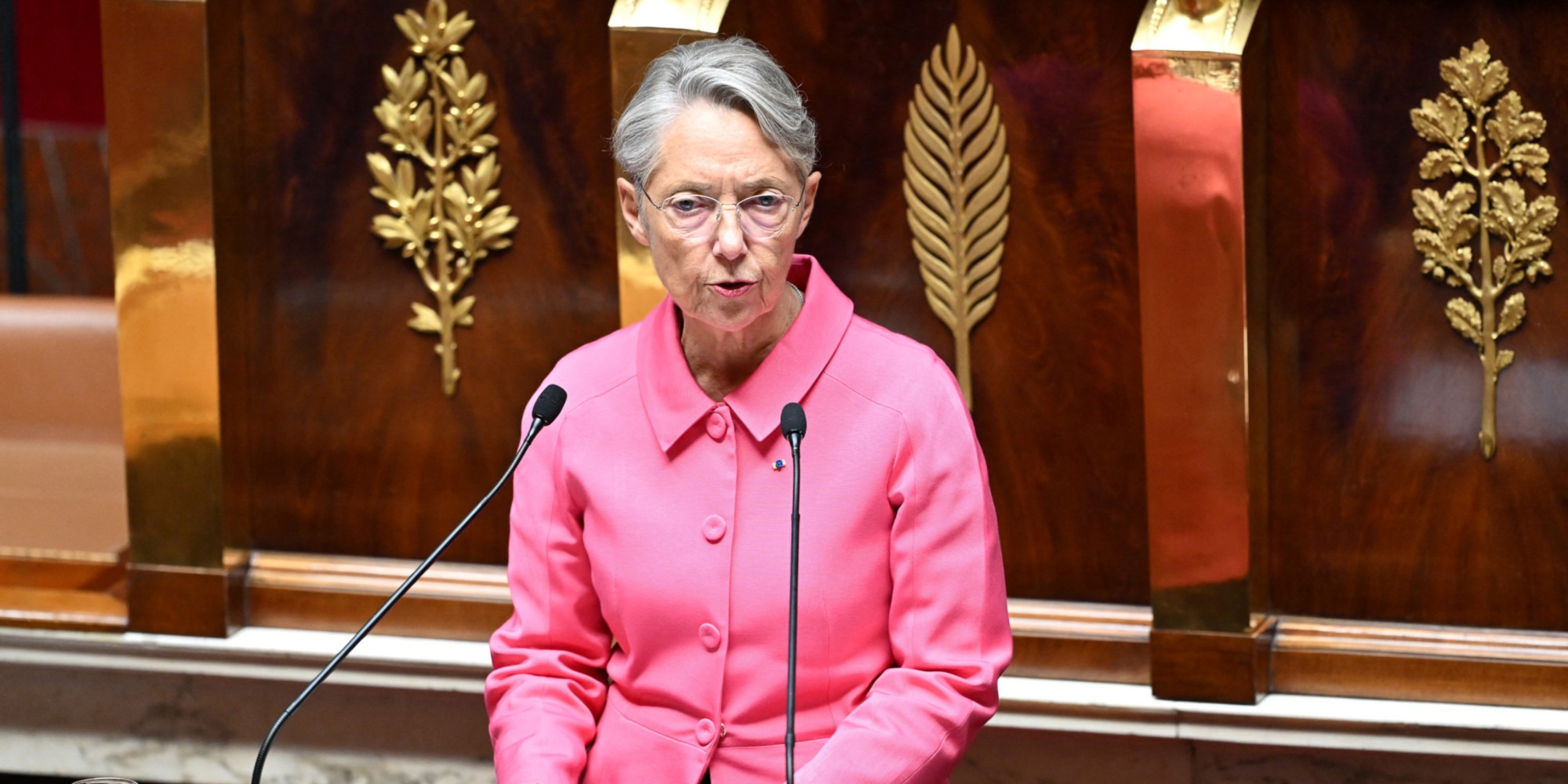Élisabeth Borne once again overcame two motions of censure in the Assembly on Monday, obtaining the adoption at first reading of the “revenue” section of the Social Security budget, before immediately drawing out a new 49.3 to pass the rest without a vote of text. The Insoumis responded unsurprisingly with the announcement of a new motion in the face of this fifteenth recourse by the Prime Minister to the decried constitutional weapon, “the logical conclusion of a minority government missioned to brutalize the people”, according to their leader Mathilde Panot. The RN group could do the same.
The government accused of “trivializing” 49.3
A rejection of this or these motions, the examination of which could take place on Thursday at the earliest, would this time be worth adoption of the entire 2024 Social Security budget (PLFSS) at first reading in the National Assembly, paving the way upon its transmission to the Senate.
Accused by the oppositions of “trivializing” 49.3 in disregard of the parliamentary debate, the Prime Minister referred them to their “refusal to find points of agreement”. “The same causes always produce the same effects,” she said in the hemicycle, where she came shortly before midnight to take responsibility for the “expenditure” aspect and the entire PLFSS. “I act in the interest of the country and I take my responsibilities,” she said earlier, defending a budget providing for “a further increase in resources” while “guaranteeing the financial sustainability of our model”.
Three consensual articles adopted
On the contrary, all the oppositions have criticized him for underfinancing the health system, and in particular the hospital, in this PLFSS which is counting on a Social Security deficit of 11.2 billion euros in 2024.
The motions of censure from the left (LFI, communists and ecologists) and the RN, examined at the end of the afternoon, however obtained respectively only 223 and 88 votes out of 289 required to bring down the government. They responded to the previous 49.3 on the “revenues” of the PLFSS. With the Republicans (LR) ruling out bringing down the government on a budget, they had no more chance of succeeding than those rejected almost ten days ago on the state budget.
The Assembly “does not want your budget” launched LFI deputy Hadrien Clouet. “Whether it’s out of disinterest, lack of seriousness or because you’re a jerk when it comes to social protection, you have to leave.” The elected RN Pierre Meurin, for his part, denounced “a medical third worldization” of the country.
Before the ax of the new 49.3 at the end of their night session, the deputies were able to examine some provisions of the “expenses” part. They adopted three consensual articles. For the deployment of the papillomavirus vaccination campaign in schools, free condoms in pharmacies for those under 26, as well as reimbursement of reusable periodic protection for women under 26.
Suspense over franchises
But this part of the Social Security budget includes controversial savings measures, such as the possibility of suspending an insured person’s daily allowances when a doctor mandated by his employer judges his work stoppage to be unjustified. Or the reduction in reimbursement in the event of refusal of shared medical transport.
Another measure has crystallized the opposition’s criticisms, without even appearing in this PLFSS: the possible doubling of the remainder payable by policyholders for medicines (currently 50 cents per box) and consultations (1 euro). Questioned on both the left and the right, the Minister of Public Accounts Thomas Cazenave confirmed last week that this increase was “considered”. But he did not guarantee that it would be implemented, recalling that other avenues for savings existed. And that an increase in deductibles did not fall under the PLFSS, but within the “regulatory domain”.
Uncertainty also remains for another explosive measure: the possible contribution of Agirc-Arrco, the private supplementary pension fund. The government has certainly given up “at this stage” on draining this system managed by unions and employers. But without excluding returning to it during the continuation of the budgetary debates. “I prefer to let the social partners find solutions, rather than constrain the resources of Agirc-Arrco,” assured Ms. Borne on Monday.
The use of 49.3 allows the government to integrate the amendments of its choice into the text for which it assumes responsibility. “In total, we are going to take back 250 amendments: 100 more than last year!”, indicated the Prime Minister.
